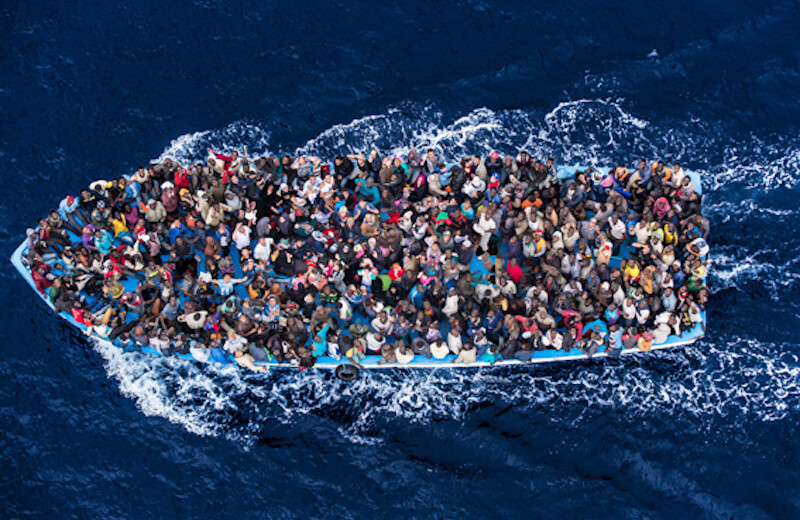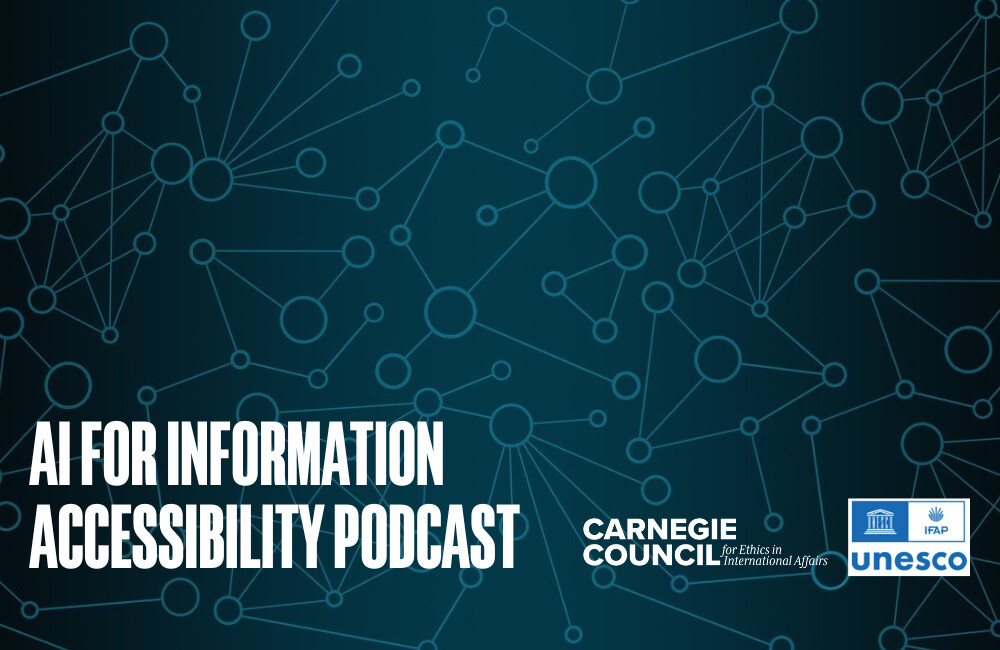Definition & Introduction
Human rights are moral and legal norms covering the fundamental freedoms and protections to which all individuals are entitled by virtue of their humanity.
Human rights became a central element of international relations when they were enunciated in the United Nations Universal Declaration of Human Rights, adopted by UN General Assembly resolution 217 A (III) of 10 December 1948. The UNDHR provides political, moral, and legal rights to protect all human beings and covers liberty, equality, security, due process, and social rights.
Some fundamental human rights such as the right to life are recognized as customary under international law. However, there are ongoing debates on whether economic, social, and cultural rights should be considered universal "human rights." There is also debate over the priority of some rights over others and the conflict between group rights and individual rights.
Human Rights Resources
JUN 20, 2021 • Article
The World's Refugee System Needs to be Made Responsible
DEC 5, 2022 • Podcast
AI for Information Accessibility: Gender Equity in AI, with Dr. Eleni Stroulia & Dr. Martha White
In the final episode of the "AI for Information Accessibility" podcast, host Ayushi Khemka talks to Dr. Eleni Stroulia and Dr. Martha White, both professors ...
MAY 26, 1995 • Article
Morgenthau Lecture: The New Dimensions of Human Rights
"The interface between ethics and science will hence be the new frontier of politics—the third new dimension of human rights," warns Zbigniew Brzezinski.
Featured Reading
Stanford Encyclopedia of Philosophy: Human Rights
"Human rights are norms that aspire to protect all people everywhere from severe political, legal, and social abuses."
Read NowUN: Universal Declaration of Human Rights
Drafted by representatives from different legal and cultural backgrounds from all regions of the world, the Declaration was proclaimed on December 10th, 1948.
Read NowEthics & International Affairs: Human Rights & Democratic Values
A special section of Carnegie Council's quarterly journal published in 1990 covers human rights and democracy.
Learn MoreHuman Rights Watch
Visit the website of Human Rights Watch to learn more about how they are defending human rights across the world.
Learn MoreSubscribe to our newsletter on ethical action & insights.
Discussion Questions
1. Do nation-states have a duty to protect human rights beyond their own borders? What is the role of NGOs in the promotion of human rights? Is the UN the appropriate institution to promote and enforce these rights or should another international agency assume this responsibility?
2. Discuss the efficiency of various methods of promoting human rights, such as monitoring, reporting, political pressure, economic sanctions, trade preferences, and intervention. Which of these, or what combination of these methods produces the best results? Consider, for example, the use of sanctions against former Yugoslavia, Iraq, and South Africa. Think of a recent human rights crisis and discuss what actions were taken by the international community to resolve it. What were the results?
3. In World Poverty and Human Rights, Thomas Pogge argues that world poverty represents a clear violation of a basic human right. He says that "world poverty is an ongoing harm we inflict seems completely incredible to most citizens of the affluent countries." Do you agree with his assessment that citizens of developed countries are indirectly violating the rights of the poor? Where does responsibility for world poverty rest—with individuals, governments, corporations, or global institutional arrangements? What are the most efficient ways to fight poverty?


